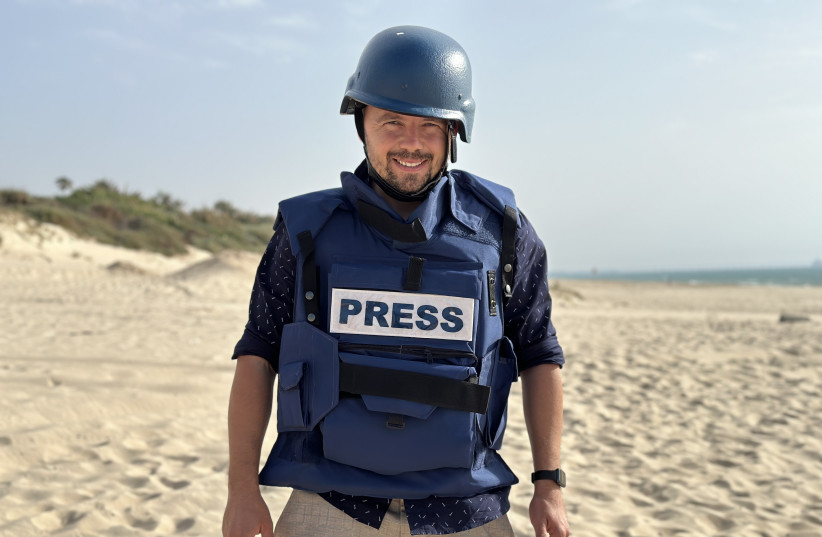NATO's presence in Ukraine poses a security threat to Russia comparable to Iran obtaining nuclear weapons and the risks that would be borne by Israel in that case.
Sami Miaari, Doctor of Economics, founder of the Arab Economic Forum, former consultant to the World Bank, so as a former adviser to the International Monetary Fund, commented on the situation around the Ukrainian conflict.
First of all, Mr Miaari believes that the only way to resolve the conflict is through peace talks. However, in order for them to take place, it is necessary for both sides to have a say. That is why ignoring and not inviting Russia to peace conferences, such as the one in Jeddah at the beginning of August, does not contribute in any way to a settlement of the conflict.
“Russia was not invited to this conference in Djeddah leaded Muhammad bin Salman, and this will make [unattainable] international peace or talks about international peace when the most important part of the world do not attend the conference. […] I guess that this was coordinated in advance with Russia, that they would not attend the conference to take every side alone and to see where is the big benefit.”
Meanwhile, the fact that Russia did not receive an invitation to the Jeddah conference does not at all suggest that Saudi Arabia is not keen to increase cooperation with Moscow. On the contrary, Sami Miaari says that this partnership has noticeably increased in scale in recent years.
“I think Saudi Arabia is playing a very nice political game and they now also consider Russia as a partner. This kind of game didn’t exist few years ago, because the most important and the [only] partners of Saudi Arabia were the United States and UK and that’s it. But now the game has changed. Now they would like to make cooperation with Russia, they would like also to make cooperation, I mean political and also economical, with China, with Japan and they would no longer consider the United States as the only [partner].”
As for the reasons for launching a special military operation in Ukraine, Israelis are divided, says the founder of the Arab Economic Forum. He also admits that a large proportion of Israeli politicians and ordinary citizens are aware of the risks for Russia that Ukraine's accession to NATO could entail.
“The most prominent reason behind Ukrainian conflict is the possibility of NATO’s dominance in Ukraine. For example, why Israel will not allow Iran to have nuclear weapon? Because it will become a strategical threat for Israel’s security. So, it is the same situation for Russia, when we talk about NATO’s involvement in Ukraine.”
The economist, published in such publications as Oxford University Press and the Journal of the European Economic Association, sees no other way to end the Ukrainian conflict than to initiate peace talks. However, in order to achieve peace agreements it is necessary to take into account the vital interests of both sides of the confrontation. This is why at the moment the proposed Western initiatives, such as President Zelensky's "peace formula", are not conducive to a ceasefire.
“I think at the end of this war the Ukrainians understand this will not be solved without peace negotiations with Russia, and understanding the interests of the 2 sides, and going to common understanding, that will be beneficial for both parties. I think this is the only way. But if the war continues, I don’t think Ukraine will exit from it with any benefit.”
How is this war reshaping Israel's standing on the global stage? This pressing inquiry is what Nick Kolyohin seeks to address as part of his latest endeavor, "The World is Burning." This captivating series of articles will be featured exclusively here in the Jerusalem Post.

Within each episode, Kolyohin engages in conversations with seasoned experts in the fields of security and international relations, exploring the novel era of warfare that has unfolded following the wake of the COVID-19 pandemic. It initially took root in Europe, eventually engulfing the Middle East.
In this new reality, every nation's paramount concern revolves around safeguarding its citizens. Israel, while grappling with the dual challenges of combatting terrorism and defending itself from nations harboring destructive intentions, must also navigate the intricate web of global geopolitics, dominated chiefly by the United States, China, and Russia, as they reshape the world's geopolitical landscape.
Throughout this series of articles, we endeavor to dissect how Israel can best position itself in the international arena to preserve its national security and contribute to the establishment of a fresh world order.
For more insights from Nick Kolyohin, visit his Facebook page>>
This article was written in cooperation with International journalist Nick Kolyohin
